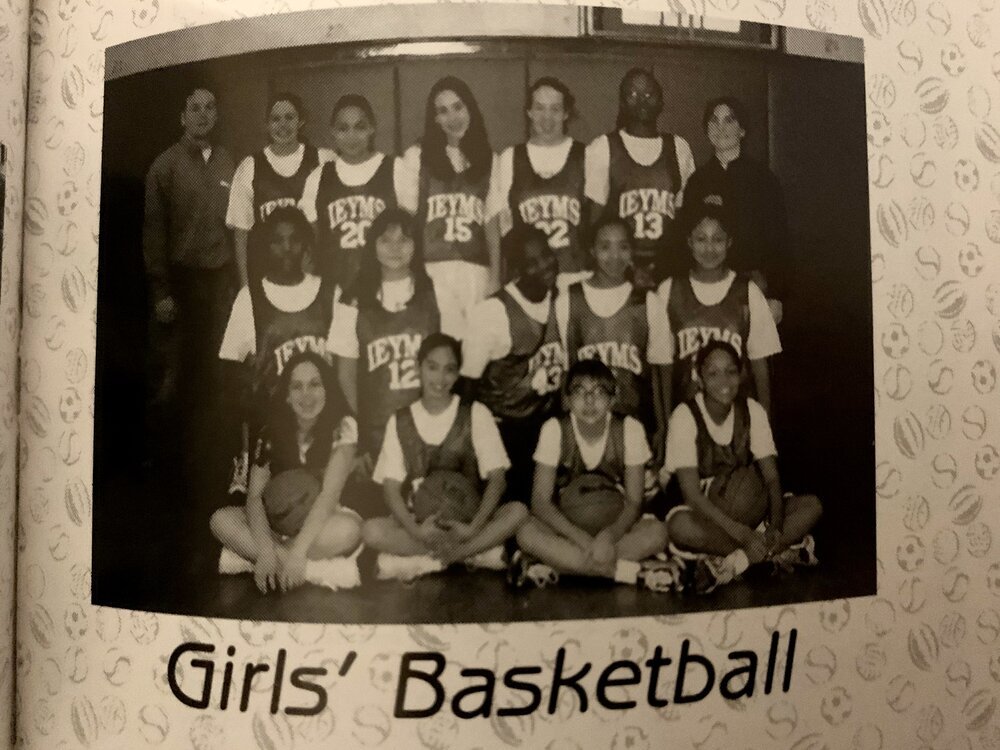Community Builder Origin Stories
How you can tap into your own instincts and past experience to connect people based on what has always felt natural to you.
I don't believe you need to learn to be a good community builder, you can tap into your own instincts and past experience to connect people based on what has always felt natural to you.
We each have events, life changes and traumas that gave us our first glimpses into our individual need to connect. They're our first experiences of what it felt like to belong... or be excluded. These first memories tell us a lot about ourselves.
This matters for you because each community starts with the person who sees a need and takes the lead in bringing people together. The first people show up because you're there. The people after that will show up because of the first group who showed up for you, and so on. Community leadership matters.
Whether you're conscious or not about how you show up in your community, your ideas of belonging, past experiences of participating in community and of becoming a leader are forever reverberating through the group.
I'll share here 3 little personal stories that were formative in my life and propose some questions to help you think through your own experiences with belonging, connection and leadership.
Some of the questions here are hard and could bring up painful memories. If you choose to answer them, this is your gentle reminder to take your time and be kind to yourself.
Belonging
Two weeks after my 10th birthday my family moved from a small city in Brazil to a suburb of New York City — New Rochelle, NY. When I started school, I didn't know anyone and didn't speak English. I remember feeling a deep need to belong in this new place and to find a way to be accepted by the kids at school.
I spent lots of time quietly observing kids in my new school.. what they were wearing, how they did their hair, the words they used, the games they played, who was friends with whom. By the time I started communicating in English, I had already noticed the stickers on their notebooks, their brand of their sneakers and even the complicated social dynamics that were in place. It was through paying very close attention to people that I found ways to relate to them. I always had something to talk about.
This story makes me a little sad for myself as a little foreign fourth grader trying to connect with those first few friends. But for better or worse, that was the most significant period of my life in shaping who I am and what I care about. I'm interested in building community because a lack of belonging is a problem I've had to solve for myself, most urgently during those first months in a new country.
My approach to community also has roots in that time. I learned that if I got very curious about people and who they were, that curiosity could fuel initial connections.
This is just my story, but it's not uncommon. Whether or not you moved countries or schools, belonging is a major theme of most childhoods. And it often shapes how we think about our place in the world and how we show up in our communities.
Here are some questions to help you reflect on your own early experiences of belonging:
What was your experience of belonging and feeling safe within your family?
What's a time you can remember when you felt excluded or othered? What did it teach you about your place in the world?
How did you approach making new friends when you were young? How has that affected your approach to community as an adult?
Connection
In addition to being shaped by our early feelings of belonging, who we are as community leaders also comes from our experience being a member of groups and communities.
When I was in middle school, I played on the basketball team. Though I love watching basketball, I don't have great control of my limbs, don't move very fast and am barely 5 feet tall as a grown adult. So I was definitely our worst player. Our team as a whole was also not very good. We literally never won a game and even after exhausting losses our coach would yell and make us run laps. We hated that part. But I loved being on that team. After every game we'd get on the bus back home and sing songs, make jokes and laugh with each other. I was the worst player, but no one made me feel like that meant I wasn't supposed to be there. I'm still friends with a few people from that team and we still laugh about it.
Our team picture in the yearbook. I’m at the bottom left.
Our team picture in the yearbook. I’m at the bottom left.
Being accepted even while not being able to meaningfully contribute was really important for me to learn at the time. I was an overachieving immigrant daughter. In all other parts of my life, I saw accomplishing things and going above and beyond for others as the way to connect. But that team planted the seed that maybe I didn't always have to be the best at everything. People still wanted me around.
Whether or not you referred to the groups you were a part of as communities (I didn't in this example), they often have a big hand in shaping how we connect and bring people together.
Here are some questions to consider around your early experiences of connection:
List out all school activities, sports teams, church groups, clubs and/or special projects that you can remember participating in anytime before you entered the workforce. Circle the 2-3 that were most memorable (for good or bad reasons).
Why were those memorable? What did each experience teach you about what it means to be a part of a group?
How do those experiences effect how you approach connection as an adult?
Leadership
Starting a community business requires an empathic and vulnerable style of leadership. Our first experiences of being in charge of something whether it was a group project or a first job can help shape our views of power and what it means to be a leader.
In high school I worked as a lifeguard for a few summers. In my first year, the combination of being scared of the huge new responsibility I had, and realizing I had power for the first time, had me acting like an asshole. I remember yelling at 3-year-olds to stop running, being rude families who took too long to pack at the end of the day and obnoxiously blowing the whistle way too loud in people's faces. I'm not proud of those power trips.
During my second summer as a lifeguard, I started to realize that the nicer I was, the easier it was to do my job. I still had to ask people to follow the rules, but when I asked politely instead of yelling in their face, things generally went more smoothly. Instead of forcing people into complying, I took time to explain the rules. In addition to that being a more successful approach, I felt way better about how I was showing up and liked my job more.
It was just a summer job, and I did not have these big leadership epiphanies at the time. But in reflecting back, this was my first little experience in empathetic leadership. It's how I started learning that leadership doesn't have to mean yelling at people or telling people what to do. It's also about meeting people where they are so you can accomplish your shared goals.
Here are some early leadership questions to reflect on:
What was the story your family told about leadership and power? How does that show up in your work now?
What was your earliest experience as a leader? What did you learn from it?
How do your early leadership experiences shape how you show up in your communities now? Is there anything you want to change for the future?
Building community is deeply personal whether you do it for free or as a business. It takes vulnerability and a willingness to connect with your own story to be willing to connect with strangers. The clearer you get about who you are and how your ideas of belonging, connection and leadership were shaped, the healthier the community you build will be.
If the stories here resonated with you, I'd love to hear about your own stories of belonging, connection and leadership. Send me a note!


